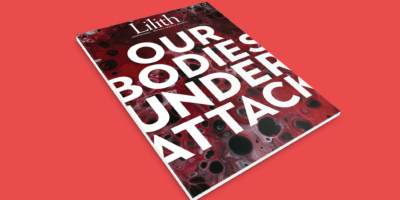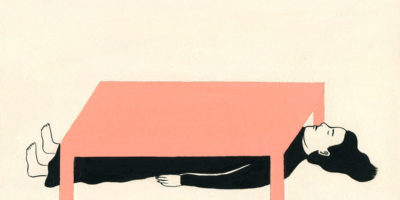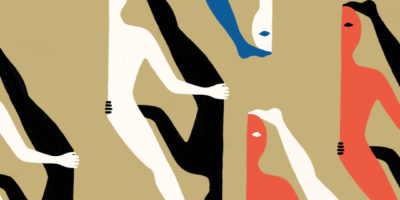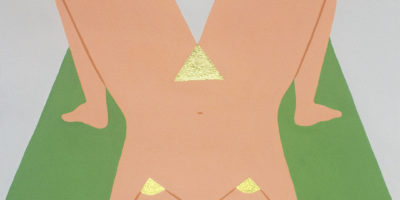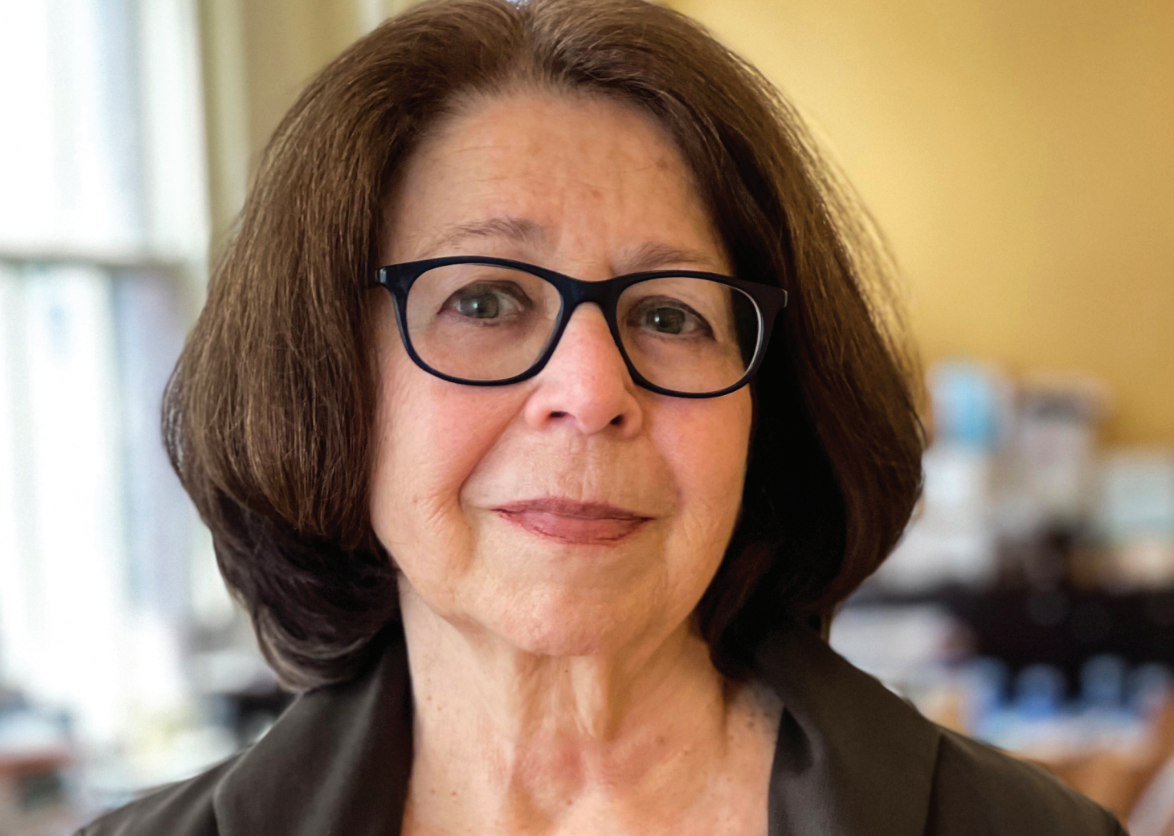
From the Editor: What Is Different Now
The day after the U.S. Supreme Court cast reproductive rights to the wolves, I phoned a store to order a cabinet. The woman who took my call sounded distracted, even angry—not your typical accommodating sales-voice. Minutes into our clipped conversation, she sneezed. I said “Bless you” reflexively, and moved on with business. “Bless you, too,” she said, her whole tone and affect softened. “Don’t we all need blessings right now?”
“For sure,” I said. “The news is so appalling, and so shocking, even though we’d been prepared for it.” Neither one of us needed to name the news.
“It’s like the fact that my mother is ill and I know she’s dying. But when she finally goes it will be a huge shock. I’m going to feel totally unprepared. That’s what this feels like.” We were in the “this” together. Strangers as allies, at least for the duration of the phone call.
When a reporter asked me the next day how our present differs from activism before 1973, when Roe was decided, this phone call came to mind. Before Roe decriminalized abortion, people were of necessity circumspect about abortion care. A friend doing abortion counseling in those years told me recently she’d never, ever mentioned that she herself had an abortion. “It was illegal.” One of the slogans of reproductive justice activism now, “We Won’t Go Back,” refers in part to the right to speak truth about our experiences, as we’ve been free to do for 50 years.
Yet despite the present-day power of self-disclosure via rallies and social media, despite the many voices at megaphones shouting their abortions, and despite the fact that there are far more women holding elected office now than in the 1960s, none of this was enough in 2022 to stop this confiscation of our rights to privacy and reproductive choices, and the freedoms necessary to access both. What we do know, and still have the freedom to announce, is that the future will be very different from life before Roe. Let’s look at how.
Allyship today broadens beyond people seeking abortions to include transfolks, racial and economic justice activists, medical professionals and big corporations. Example: The widely read New England Journal of Medicine offers many perspectives on the horrors that will ensue with abortions restricted. An ectopic pregnancy that by law can’t be terminated will kill the mother; an urgent cancer treatment postponed, to fatal effect, because a pregnancy can’t be interrupted; even a simple GYN exam might trigger a miscarriage declared an illegal abortion. Morning-after pills, and self-administered abortion medications may be available only to those who have Internet access and whose online transactions are not being monitored for criminal activity. Corporations are declaring they’ll cover travel costs and time off for employees needing out-of-state abortion care; despite my cynicism that imagines this as virtue-signaling, it could be a lifesaver.
Abortion’s dangers nowcome from the threat of prosecution. The horrors of Before Roe have largely been vanquished; no wire coat hangers, no unsanitary back alleys, fewer shaming secrets that cripple lives. The dangers now come from restricting access to those who have time and money to travel, can arrange child care for their children, and can afford to lose wages or be fired if they miss work.
Sisterhood is powerful. What kind of ladders can women and our allies build to climb out of the dangerous birthing hole we’ve been cast into? The bonds one feels at a rally, or that my stranger/telephone buddy and I felt in acknowledging our terror and grief over the SCOTUS ruling, should activate us all, driving change. Offer a lift to a clinic? Offer the sofa in your living room? Donate to abortion funds, if you can. Vote because you absolutely must, in every election where you can. On social media and in personal conversations, laud organizations and individuals you think are doing it right; elevate and amplify their voices. Let outspoken activists know that you’re with them.
We’re speaking out as Jews. The Jewish view on abortion rights, no matter where on the spectrum of religious observance, centers the person who is pregnant. Although Lilith has been publishing for decades on the Jewish stake in abortion rights, there’s wider public acknowledgement now of the conservative, misogynistic religious beliefs fueling the anti-abortion decision.
Only connect. While much in these pages spotlights our individual bodies, our relationships and our very lives, all systems are connected. The same Court that smashed our repro rights (aided by scheming right-wing religious philanthropists working toward its demise for forty-plus years) has spurred other dangers with rulings on gun access and environmental depredation. The peculiar horrible synchronicity of the Uvalde school shootings and the decision to trash Roe makes it very, very clear that this isn’t about the sanctity of life.
The professional, social, educational gains that women and other marginalized people have fought for are under threat when we’re denied control over our own bodies. Example, from the New England Journal again: “Since more than half the medical workforce can become pregnant, health systems’ human resources will also be affected.” Frontline health workers will of necessity be off the job—travelling for abortion care, on parental leave, caring for a child unplanned and perhaps unwanted. Abortion restrictions affect not only an individual’s choice to end a pregnancy, but also trammel the options for people needing alternative methods to form a family.
You have a voice and a vote. It’s not enough to nod and agree (as I did with the anonymous voice on that phone call) that “We all need blessings.” You’ve got to help elect those who’ll protect your right to live in your own body, autonomously.

